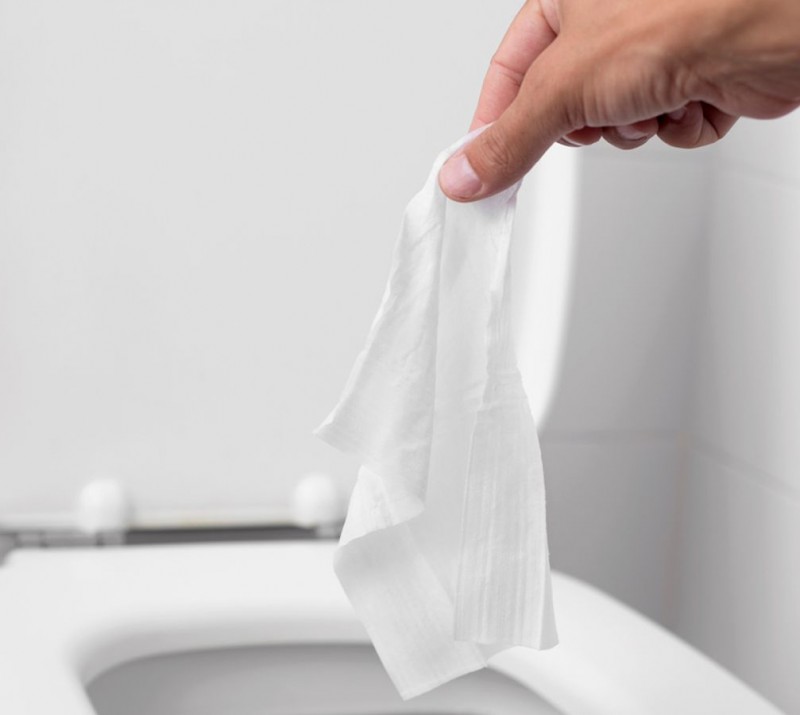Unblocktober founder Lanes Group backs plans to ban wet wipes

National drainage and wastewater specialist Lanes Group plc – founder of Unblocktober, the world’s first campaign to improve our drains, sewers and seas – welcomes proposals to ban plastic-based wipes to tackle water pollution.
The measure is part of a wider Government plan to improve water quality in rivers and other waterways in England.
A ban on plastic-based wipes should come into force in England in the next year after a period of consultation that is due to start this month, the Environment Minister Therese Coffey told the BBC.
Similar bans have been considered in Wales and Scotland but have not yet been imposed.
Lanes Group, the UK’s largest independent drainage and wastewater specialist, founded Unblocktober in 2019 to save sewers, waterways and oceans from sewer misuse.
The wrongful flushing of wet wipes, almost all of which contain plastic, has been a key target of the campaign, the first to encourage people to change their waste disposal habits to prevent sewer blockages and plastic pollution.
Lanes has also launched Microplastics Out of Our Drains (MOOD) a campaign targeted at advocating stricter UK regulations on the use of microplastics in a wide range of products, including wipes and clothing.
Richard Leigh, Group Development Director at Lanes, said: “We very much welcome the government’s announcement that wipes containing plastic should be banned.
“Evidence from Unblocktober make clear the urgent need to take action to reduce sewer blockages and prevent plastic pollution that damages waterways and oceans and wildlife in them.
“The enthusiastic support Unblocktober receives every year, and feedback from participants, also shows there is very strong public support for banning plastic wipes. I’m sure it’s a measure that will be widely welcomed.”
Wet wipes flushed down toilets are associated with 93% of sewer blockages and cost over £100m a year to clear up, according to water industry body Water UK.
Such blockages can result in local sewer flooding. Also, micro-fragments of plastic from wet wipes can make their way into waterways, and then out into oceans where they are ingested by fish and other creatures.
The wipes often combine with fats, oils and grease, known as FOG, to form giant fatberg blockages that can fill large urban sewers, causing flooding and undermining wastewater services for thousands of homes, businesses and public buildings.
In 2017, Lanes cleared the infamous Whitechapel fatberg on behalf of Thames Water, a process that raised awareness about serious problems caused by FOG and wipes around the world, and even led to a fatberg exhibition at the London Museum.
Around 90% of wipes sold in the UK contain plastic and should never be flushed down toilets. The only paper that is guaranteed to break down in toilets it toilet paper, which should still be used in small quantities to further reduce risk of blockages.
Previous government consultation exercises on banning plastic wet wipes have drawn strong public support, with 96% of respondents backing the idea in 2021.
Through its MOOD campaign, Lanes is seeking to raise awareness about the damage caused by microplastics by explaining what they are, as well as facts about how they get into the world’s oceans, along with the impact they have on ecosystems.
Lanes delivers sewer and wastewater systems unblocking and cleaning services for water companies across the UK, including Thames Water, Severn Trent, Yorkshire Water, Northumbrian Water, and Scottish Water.
It also operates a network of 21 commercial depots across the UK, delivering drainage and sewer rehabilitation services to businesses, government bodies, public sector agencies, and domestic customers.







